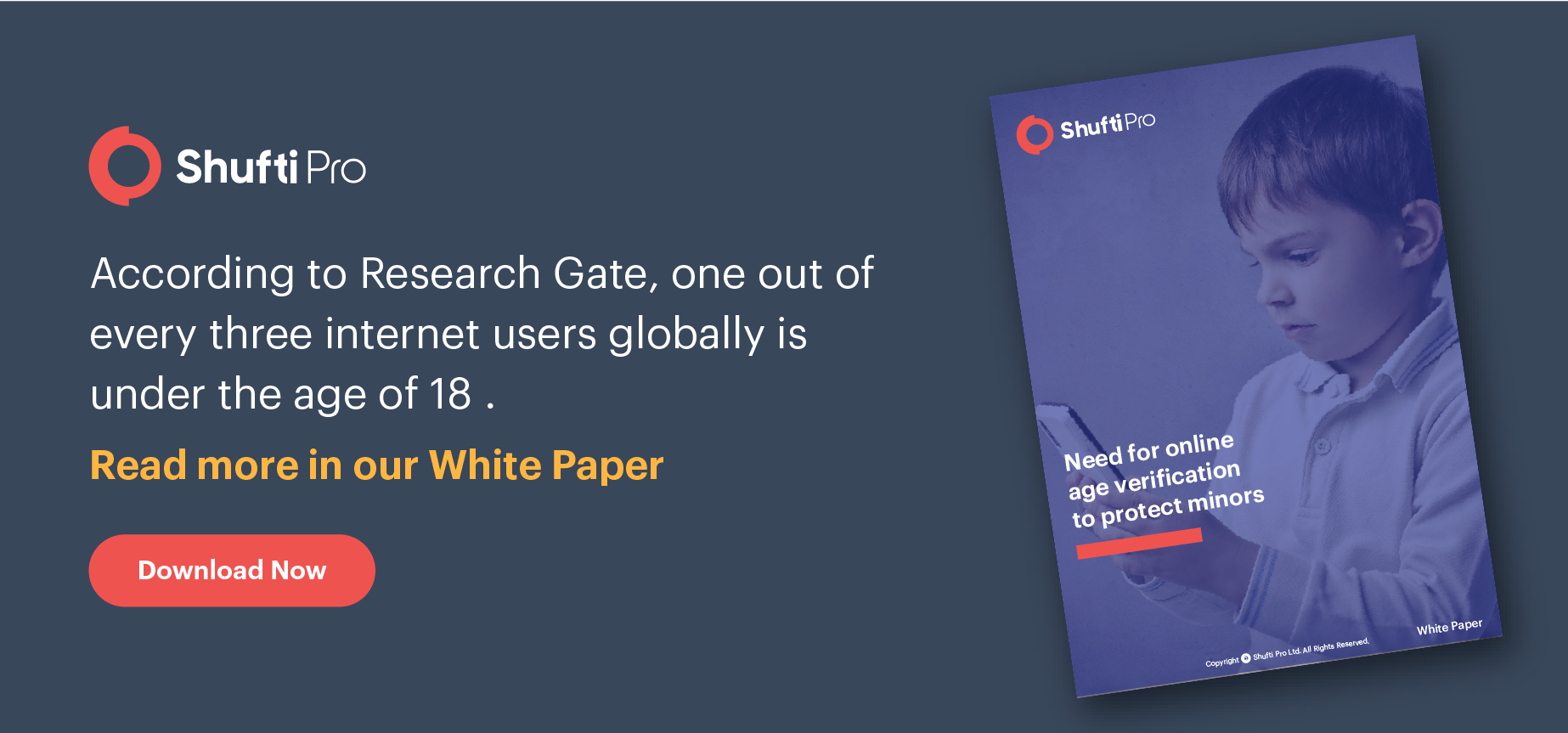KJM Age Restrictions Breaking New Grounds for Gaming Industry

Minor protection has become a challenge for everyone these days. Parents are worried about the type of content minors interact with, whereas companies are obliged to comply with rigid regulations for minor protection. The conventional age verification checks that ask for date of birth or checkbox method do not suffice for the modern world’s requirements. Minors can easily enter false information or check boxes for verifying their age. To make sure minors do not access any age-restricted products or services, regulatory authorities enforced online age verification laws and hefty penalties have been set for non-compliance. Nevertheless, minors can still access age-restricted products and create accounts on online gaming platforms. Considering the inefficiency of age verification checks on online platforms, the Kommission für Jugendmedienschutz (KJM) introduced more robust regulations and now, the German gaming platforms have to reconsider their age authentication system.
What are KJM Age Restrictions?
Last year, 16 states in Germany agreed to the transition period for online gambling before the Interstate Treaty on Gambling (Glücksspielstaatsvertrag, GlüStV 2021) comes into effect in July 2021. According to this transition, all gaming operators have to apply for a license either for continuing or beginning operations in Germany.
According to the KJM restrictions,
- Identification and authentication methods exclude minors and banned players. The application is based on the Interstate Treaty on Protection of Human Dignity and the Protection of Minors in Broadcasting and in Telemedia.
- The Treaty has suggested a monthly betting limit of EUR 1,000 and prohibited gamblers from taking loans from gambling operations.
- Online gaming platforms cannot add any addiction stimulus, for instance, fast repetitions.
- Gaming companies must consider social responsibility for the virtual environment.
- They must ensure that betting and lottery products are offered through different domains over the internet.
What is Harmful to Youth As Per the Law?
According to the Youth Protection Act, the media content that is harmful to young ones includes,
- Media representations that are violent and have a coarsening impact on minors
- Content that spreads racism or glorifies National Socialist ideology
- Glorification of war
- Content that questions the dignity of humans
Cornerstones of KJM
As far as the KJM cornerstones are concerned, there are two interconnected steps for ensuring age verification of the user groups.
One-time identity verification for checking legal age is mandatory. This will always be done through government-issued ID documents. This is necessary for avoiding counterfeit documents as much as possible.
Next is the authentication which ensures that only identified and age-restricted people can access closed user groups. It intends to make it difficult to pass on access authorization to any unauthorised vendors.
Online Age Verification for Better Compliance with KJM Laws
The new age restrictions ask for more robust age verification checks. If online businesses follow the traditional methods for verifying age like checking a box that says “I’m 16 years or older,” it’ll get impossible for online gaming platforms to prevent minors from accessing restricted content. Now with so many rigid regulations all set to increase challenges for online businesses, it is important to add robust age verification checks that do not ask for date of birth only.
Online age verification system verifies the identity of every customer through government-issued ID documents. The end-user submits the ID document that is verified. Then, the user has to submit a selfie as well. The selfie is cross-checked with the image on the ID document and live presence of the customer is verified. Furthermore, facial biometric authentication checks leave no chance for minors to fool identity verification checks.
New Age Restrictions and Gaming Platforms
After the new laws, gaming companies have to make sure minor exclusion and protection on their platform with the help of online age and identity verification checks. The KJM is the responsible regulatory authority for protecting minors in the online world in Germany. The authority has vetted and approved a list of age verification service providers and the gaming businesses must only use age verification checks from these approved vendors.
Dr Marc Jan Eumann, the chairman of KJM says,
“With this year-end spurt, the number of age verification systems rated positively by KJM in 2020 rises to a total of 18. This record is a sign that the need for youth protection-compliant solutions for the German market as well as the perception of KJM is the first Contact person on this topic increases. I am pleased that KJM’s offer to offer providers legal certainty by reviewing their concepts has been so well received.”
Shufti’s Age Verification Solution is KJM Compliant
The German regulations for age verification are rigid for all gaming platforms in the region. Without stringent identity verification checks, it will be impossible for any of the operators in the industry to comply with the laws. The good news is Shufti’s age verification solution has been approved by KJM. After examining our solution, the authority has come to a decision that the age verification solution is technically and legally intact. This makes us an inevitable option for your business.
With the help of artificial intelligence models, we have ensured that minors cannot access your age-restricted products and services. Every online gaming platform needs age verification checks that do not require the standard checkboxes. Fortunately, our age verification solution is not only compliant but a robust barrier in minors’ way as well. You can avoid hefty penalties for non-compliance and also ensure that only adults are accessing your platform.
Recommended: The Significance of Age Verification in the Digital Space
Summing It Up
Minors have easy access to the internet and it is not a problem for them to surpass age verification checks with a false date of birth. Moreover, it has been reported repeatedly that minors use their parents’ credit or debit card for verification. To combat this issue, different regulatory authorities enforced age verification laws and all online businesses have to comply with them. Unfortunately, minors can still use their parent’s documents for verification. Considering the various issues, the Kommission für Jugendmedienschutz (KJM) has introduced better laws that aim to prevent minors from accessing age-restricted content. All online gaming platforms in Germany have to ensure compliance with the new laws and they have until the second half of 2021 to restructure the age verification checks.

 Explore Now
Explore Now















